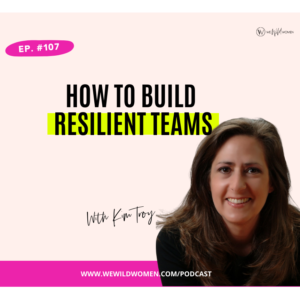Your blog is a beast that needs constant feeding. Coming up with an ongoing stream of fresh, new ideas that your readers find valuable can be a challenge. Is it possible to have it both ways—frequent, fresh content that’s compelling, too?
It is. Use these guidelines to help get you started.
What’s useful to your readers?
Blog topics need to provide value to the reader and give them something in return for reading. Start by asking yourself: What questions might my customers have about my product or service? What’s new in my business or industry? What do my customers need to know to stay on top of changes they may face? Blog articles that proactively answer those kinds of questions are going to be useful to the reader.
Additionally, topics that tell a story are also great articles for your blog. You might have a story about a customer, a case study, someone you met, or a new product that’s coming out. But, be sure it has an outcome, a moral or a point to be made so that your readers find it readable, relatable and newsworthy.
What will resonate with your readers?
If a reader doesn’t actually care about what they’re reading on your blog, they won’t click the “like” button, share your post, or retweet it. (Caring enough to share is what puts the “social” into “social media marketing.”) Stories often resonate best when they relate to the experiences of others. Maybe you’ve had similar experiences yourself, or maybe your reader is looking for a product or service that will help them avoid the experiences others have had. Think about your audience and what’s on their mind, what’s bothering them or what’s keeping them up at night. Articles that address these things are going to contain the information your audience is searching for and is interested in reading.
What do you want the article to accomplish?
There can be a tendency to choose topics with this as the only goal: “We want to sell a thousand of these new widgets within the first 60 days.” But it’s important to remember that you must use your blog as a marketing tool that will help accomplish your business goals. You can use you blog and other channels to steer the reader toward the purchasing decision you want him or her to make, but you must do it through the stories you choose to tell and how you choose to tell them. You can’t just jump in and say, “You should buy a widget from us today.” Instead, make your readers come to that conclusion on their own. You want your reader to read your article and think, “I should buy a widget from them today because….”
Write for people, not for search engines
Unless your business lives and dies by leads generated through search-engine traffic alone, writing articles to optimize search hits on certain keywords is not as important as writing content that is useful to and resonates with your readers. It’s important to make the distinction between keywords and topics. Keywords are meant for search engines, and topics are meant for people. So, first and foremost, chose topics and write articles based on your human audience. You can relate them to your keywords, but don’t make them about your keywords.
We love thinking and talking about this! If you want help brainstorming topics for your next round of blog articles, give us a call. We’ll help you think it through.










